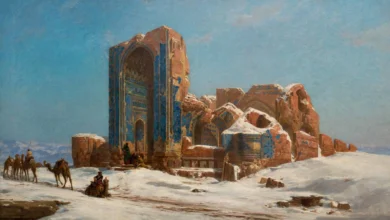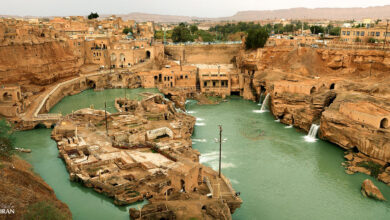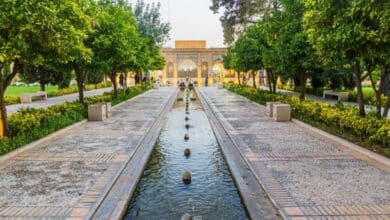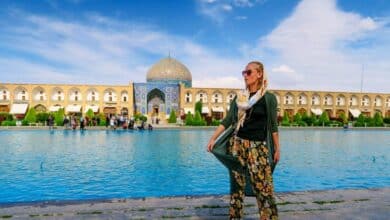Can You Drink Alcohol in Iran? A Traveler’s Guide to Local Laws
Alcohol Ban: Understanding Iran’s Islamic Laws
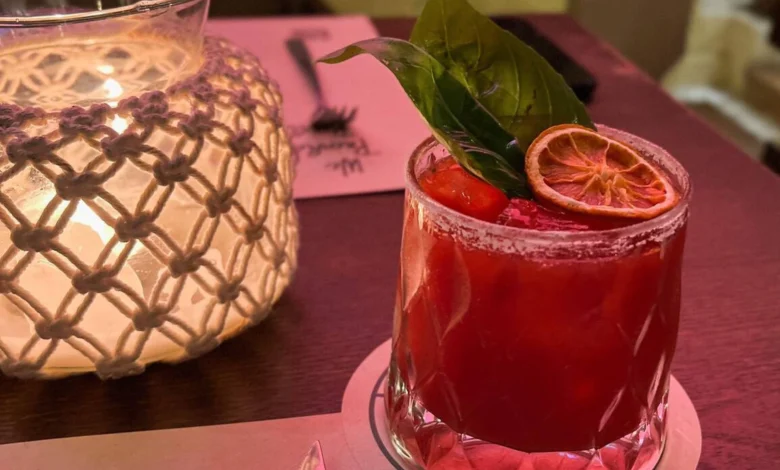
Planning a trip to Iran and wondering about the rules surrounding Alcohol in Iran? Alcohol consumption in Iran is strictly regulated under Islamic law, creating a unique cultural landscape for visitors. The country’s prohibition on alcohol reflects its religious values, but its rich history of winemaking and traditional beverages adds depth to the topic.
For first-time travelers, understanding these regulations ensures a respectful and hassle-free experience. Why is Alcohol in Iran such a sensitive issue? Its legal and cultural implications shape daily life. This article explores Iran’s alcohol laws, historical context, and practical tips for tourists.
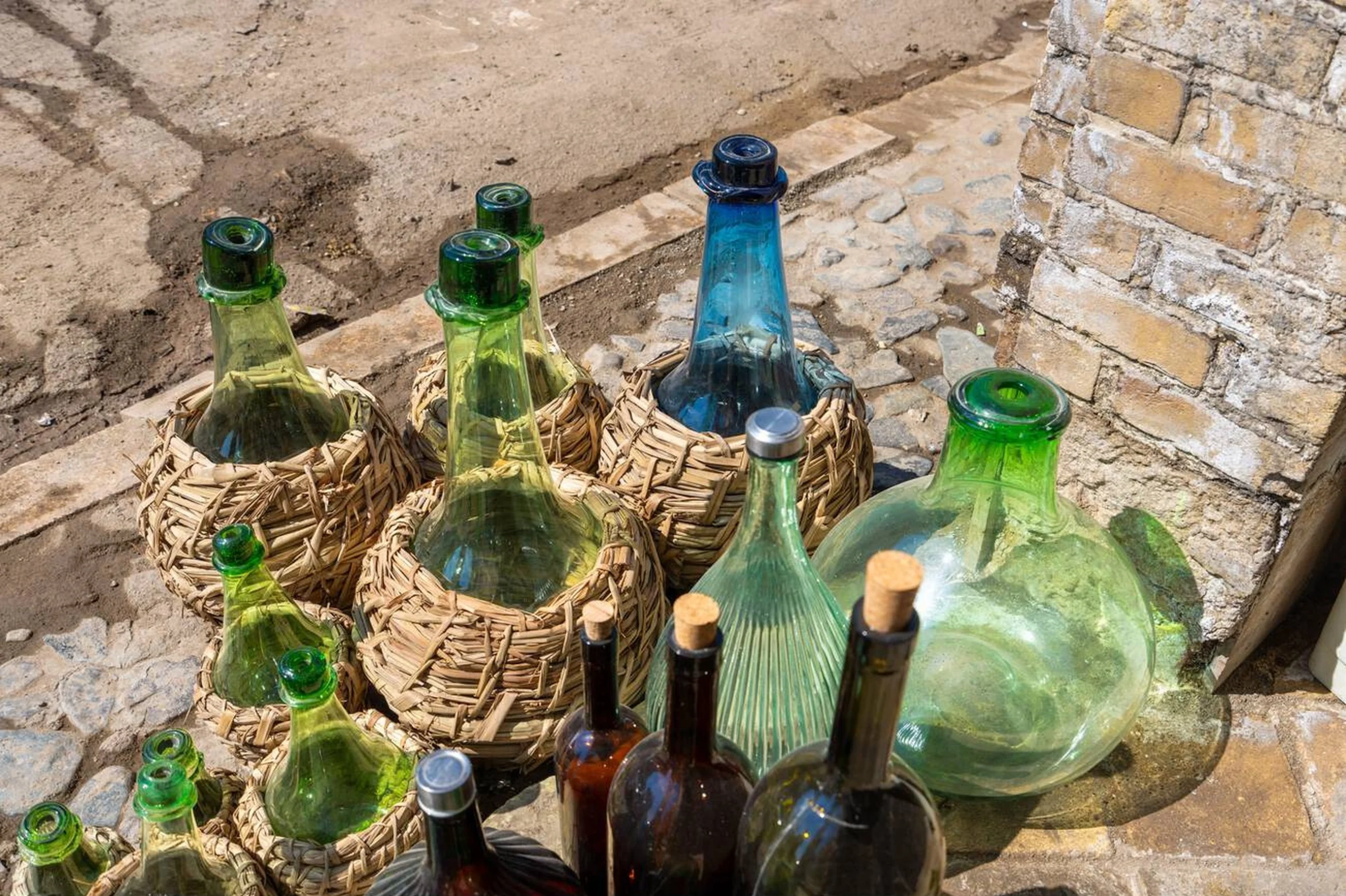
Contents
Alcohol and Islamic Law in Iran
What governs Iran’s stance on Alcohol in Iran? Islamic law, or Sharia, forms the foundation of the country’s legal system. Since the 1979 Islamic Revolution, Iran has enforced a complete ban on the production, sale, and public consumption of alcoholic beverages.
This prohibition stems from Islamic principles that view intoxicants as contrary to spiritual purity. Violating these laws carries severe consequences, including fines, imprisonment, or corporal punishment. Travelers must respect these regulations to avoid legal trouble.
Strict Enforcement for All
Iran’s penal code applies stringent rules to everyone, regardless of nationality. Possessing even a small amount of alcohol can lead to arrest. Customs officials rigorously check luggage at entry points, confiscating any alcoholic items. Even alcohol-filled chocolates, a common gift, are prohibited. For tourists, adhering to these laws is non-negotiable to ensure a smooth visit.
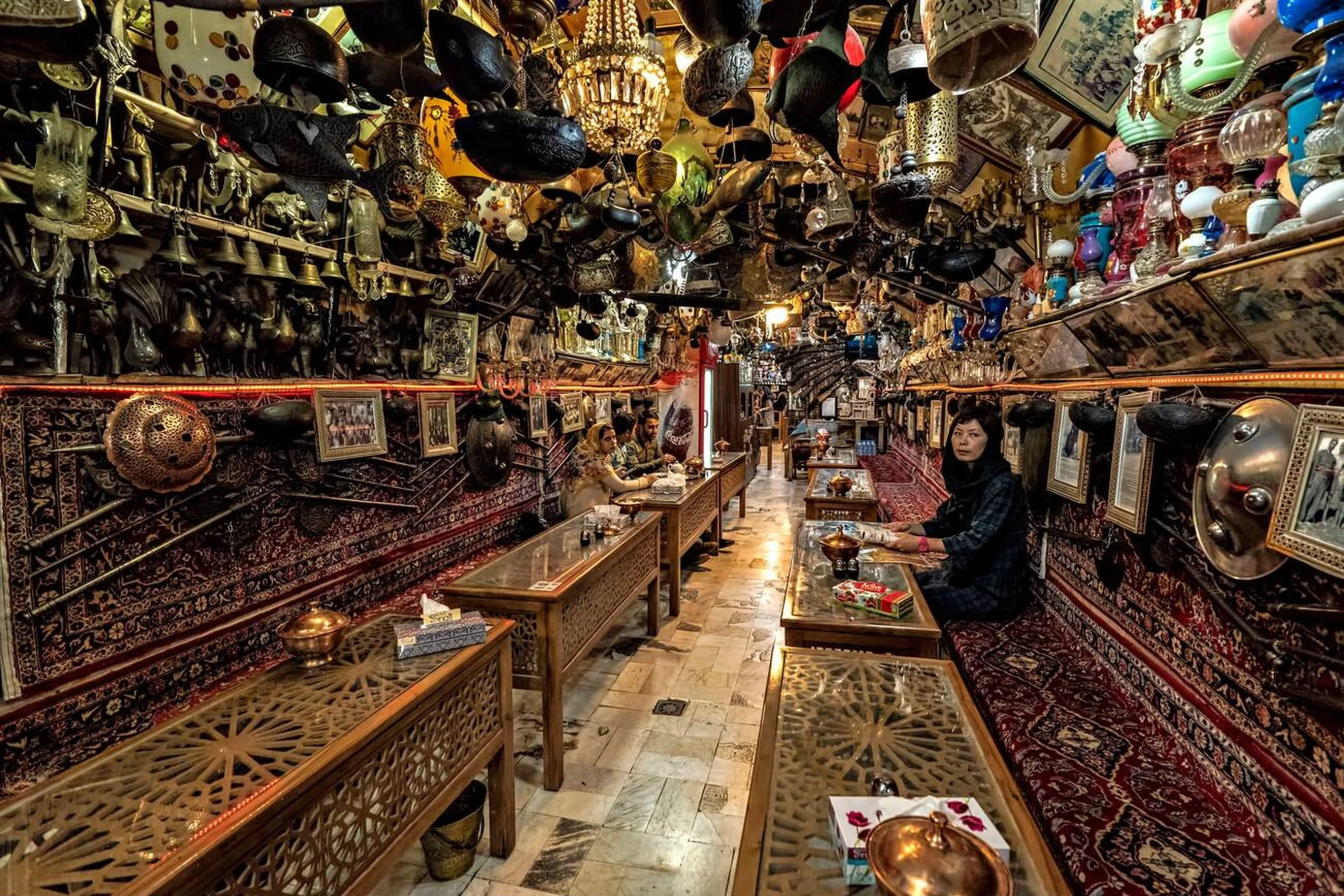
Exceptions for Non-Muslim Minorities
Are there any exceptions to the alcohol ban? Recognized non-Muslim minorities—Christians, Jews, and Zoroastrians—have limited permissions. These groups may consume alcohol in private settings, such as homes or religious centers, for ceremonial purposes. However, they cannot produce, sell, or consume alcohol publicly. These exceptions are tightly regulated, and public violations still incur penalties.
Boundaries of Exceptions
Even for permitted minorities, the rules are strict. Public displays of alcohol in Iran consumption or sharing with Muslims are illegal. Travelers should not expect access to these exceptions, as they apply only to Iran’s recognized religious communities. Respecting these boundaries prevents misunderstandings during your stay.
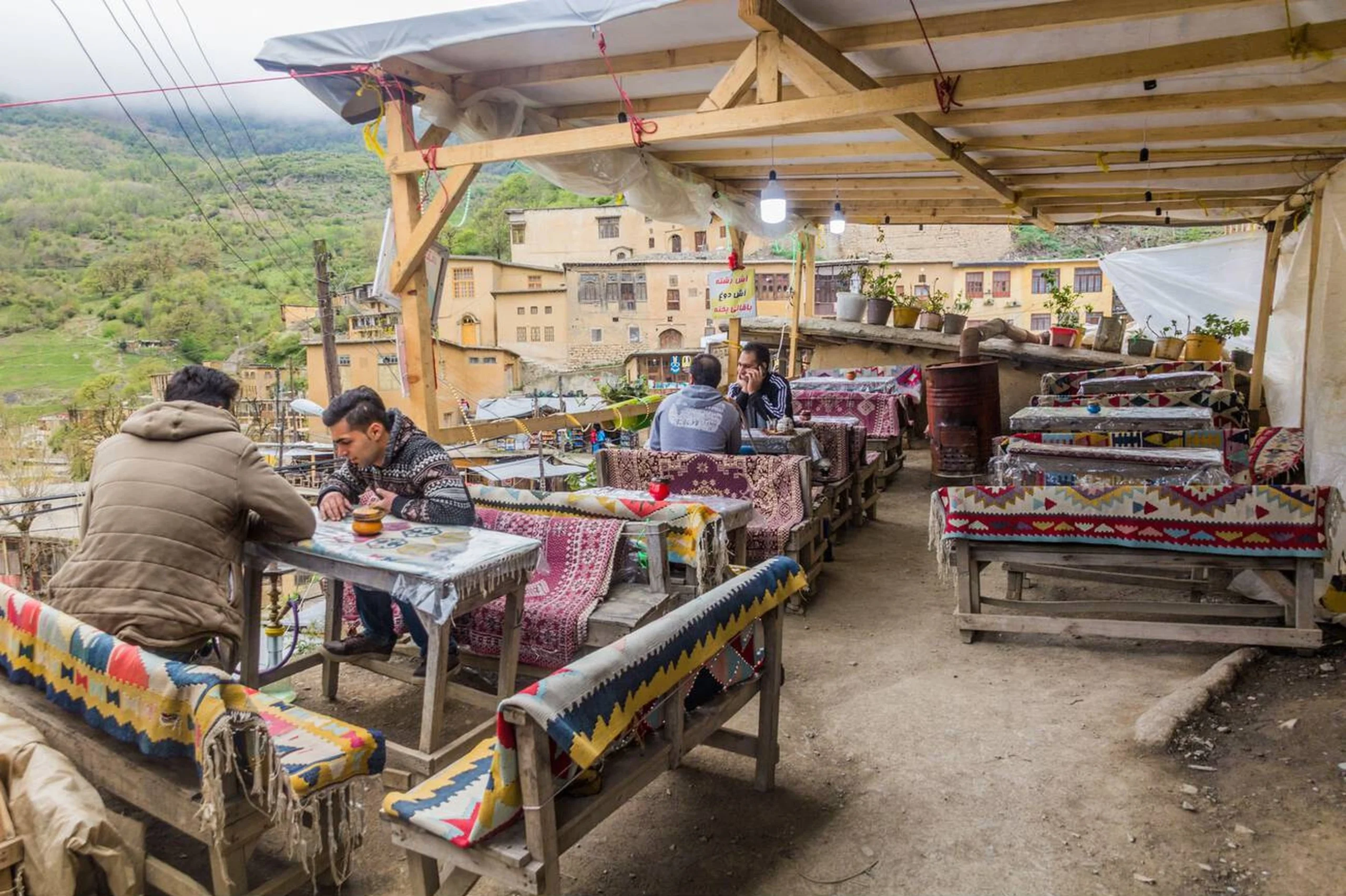
Can Tourists Drink Alcohol in Iran?
Can visitors enjoy a glass of wine or beer? The answer is clear: tourists cannot drink alcohol in Iran. Carrying, consuming, or importing alcoholic beverages is illegal for all visitors, regardless of personal beliefs. Attempting to bring alcohol through customs risks confiscation, fines, imprisonment, or deportation. Tourists must prioritize compliance to enjoy Iran’s cultural treasures safely.
Alternatives to Alcohol
Instead of alcohol, Iran offers a variety of non-alcoholic beverages that delight the palate. Tea, served in ornate glasses, is a social staple. Sharbat, a sweet fruit-based drink, refreshes with flavors like rosewater or saffron. Doogh, a savory yogurt drink, pairs perfectly with Persian meals. These beverages, found in teahouses and restaurants, provide authentic alternatives for travelers.
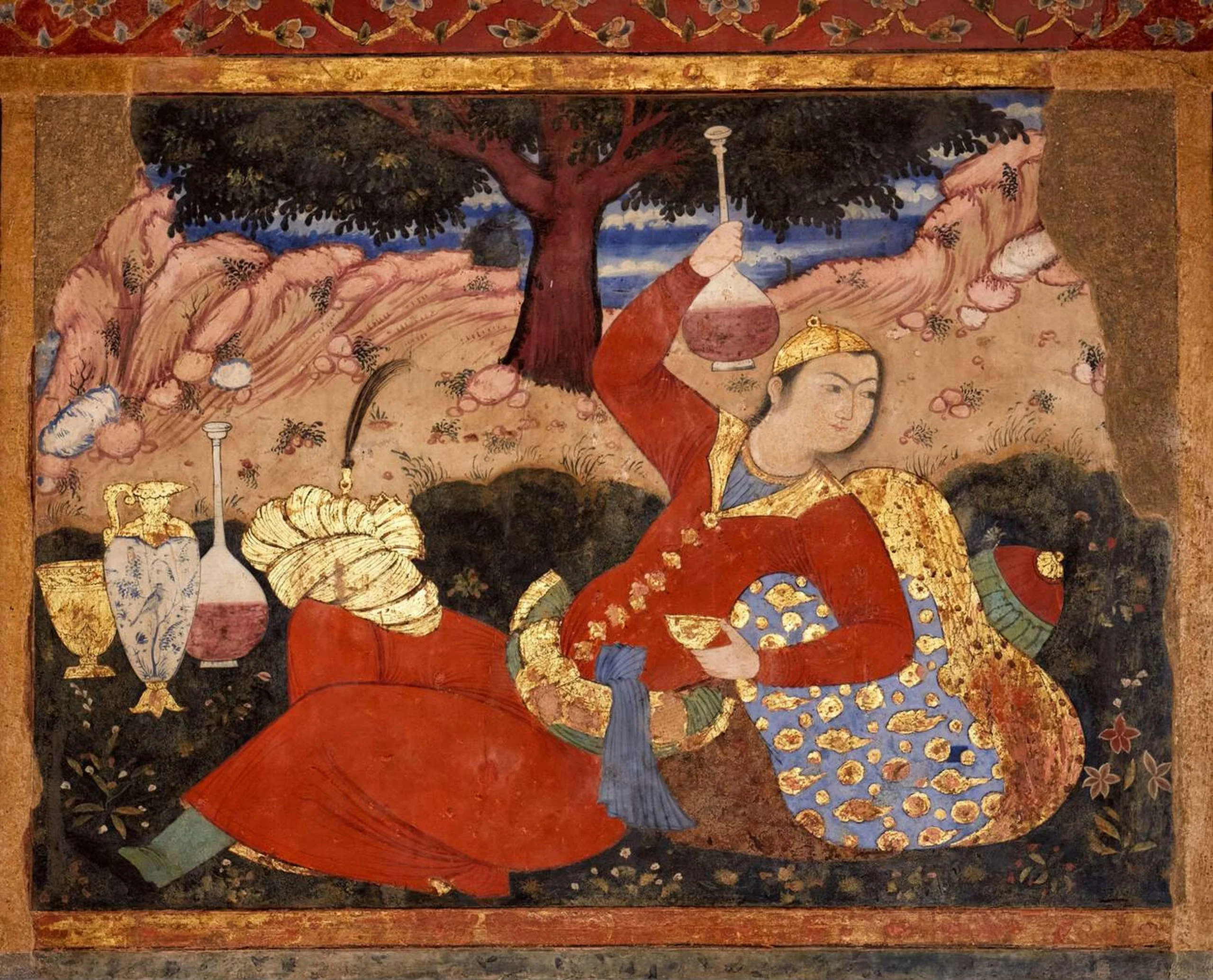
The Risks of Homemade Alcohol
What about local brews? Consuming homemade alcohol, known as “Aragh” or “Sharab,” is highly dangerous. These unregulated liquors, often distilled from raisins or dates, may contain methanol, leading to poisoning or death. Beyond health risks, producing or consuming homemade alcohol violates Iran’s laws, resulting in severe penalties. Travelers should avoid these illicit drinks to protect their safety and comply with regulations.
Legal Consequences
Alcohol in Iran is actively enforced by Iranian authorities. Those caught with homemade alcohol in Iran face fines, jail time, or harsher punishments. For tourists, the legal and health risks far outweigh any curiosity. Sticking to safe, legal beverages ensures a worry-free journey.
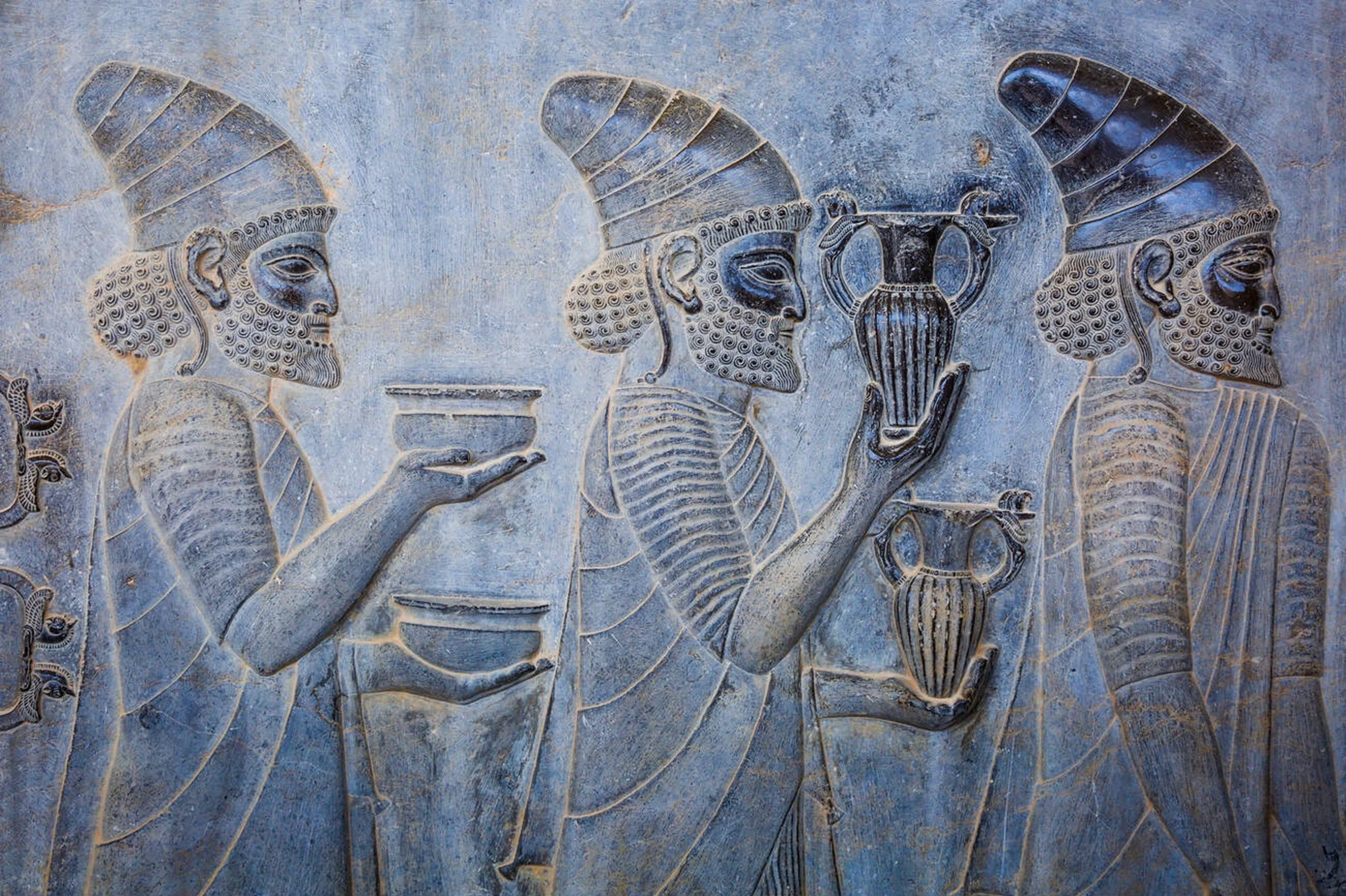
Are There Pubs or Bars in Iran?
Looking for a pub to unwind? Iran has no pubs or bars. As an Islamic Republic, the country prohibits establishments serving alcohol. Public spaces prioritize non-alcoholic drinks, with teahouses and cafes offering vibrant social settings. These venues serve tea, sharbat, or non-alcoholic beer (malt drinks made from barley extract), creating a welcoming atmosphere without alcohol.
Cultural Social Spaces
Teahouses, adorned with Persian rugs and poetry recitals, are Iran’s answer to pubs. In cities like Isfahan or Shiraz, these venues host locals and tourists alike, fostering connection over steaming cups of tea. Embracing these spaces allows travelers to engage with Iran’s rich social traditions.
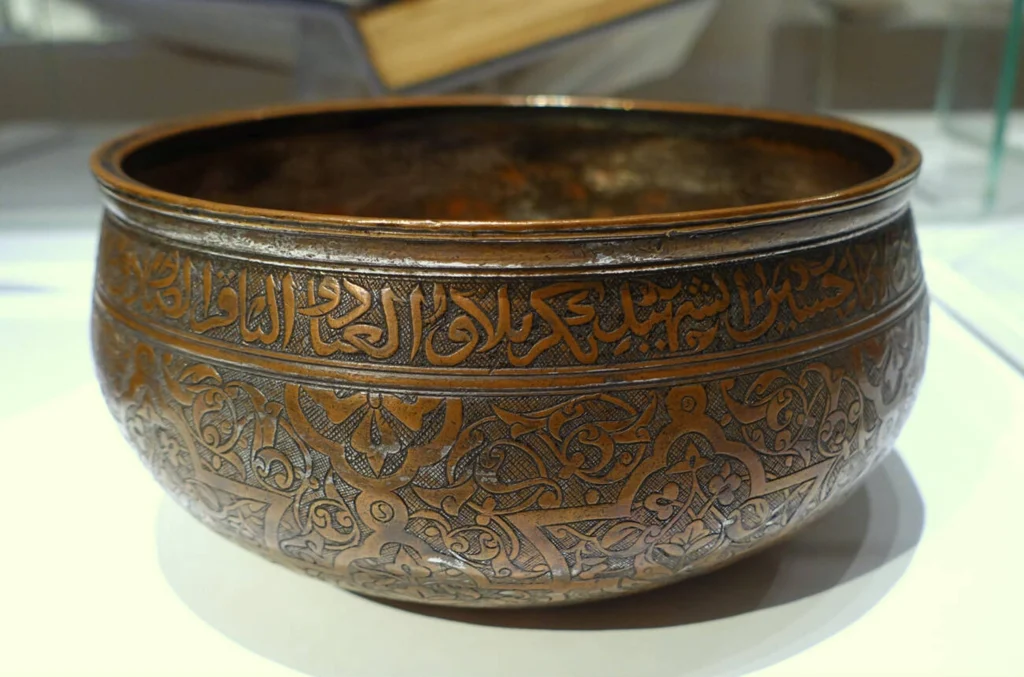
Historical Context of Alcohol in Iran
How did Iran’s relationship with alcohol evolve? Ancient Persia boasted a vibrant drinking culture, with evidence of winemaking dating to 7,000 BCE. Archaeological finds at Hajji Firuz Tepe reveal grape fermentation, indicating early wine production.
Mead, made from fermented honey, and Ab-e Nabaat, a sugarcane beverage, were popular in the Achaemenid Empire. Alcohol in Iran, celebrated in poetry by Hafez and Omar Khayyam, symbolized love and inspiration.
Pre-Islamic Drinking Culture
Before Islam, Zoroastrianism shaped Persia’s alcohol use. Wine was a sacred offering in rituals, symbolizing fertility and divine connection. The Haoma ritual, involving a fermented plant drink, held spiritual significance. Persian banquets featured lavish wine-drinking, as noted by Greek historian Herodotus. These traditions thrived until the 7th-century Islamic conquest.
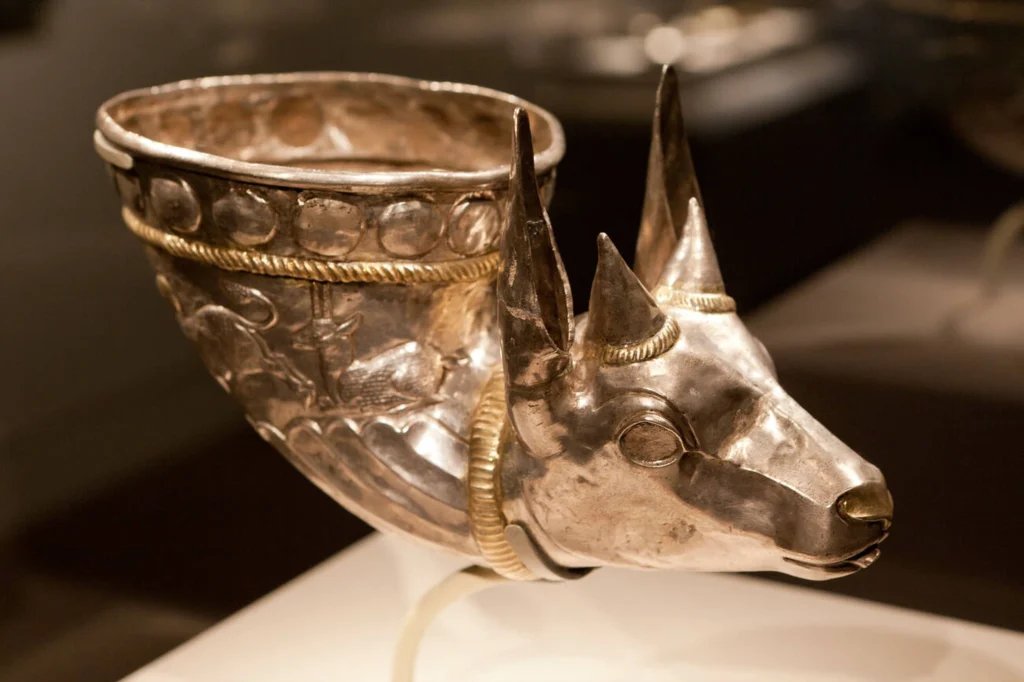
Islamic Transformation and Modern Prohibition
What changed with Islam’s arrival? The 7th century brought a shift, as Islamic teachings prohibited alcohol. Iranians adapted, embracing tea and sharbat as social drinks. The 1979 Revolution solidified the ban, halting legal alcohol production. Shams Beer, a pre-revolution favorite, transitioned to non-alcoholic versions. Today, only non-Muslim minorities produce limited alcohol for private use, under strict oversight.
Persian Wine’s Cultural Legacy
Despite prohibition, Persian wine remains a cultural touchstone. Regions like Shiraz and Qazvin once produced renowned wines, celebrated in poetry and art. Omar Khayyam’s verses, like “A glass of wine with you, my love, is worth more than all the kingdoms of this world,” evoke this legacy. Travelers can explore this history through literature or museum exhibits in Tehran.
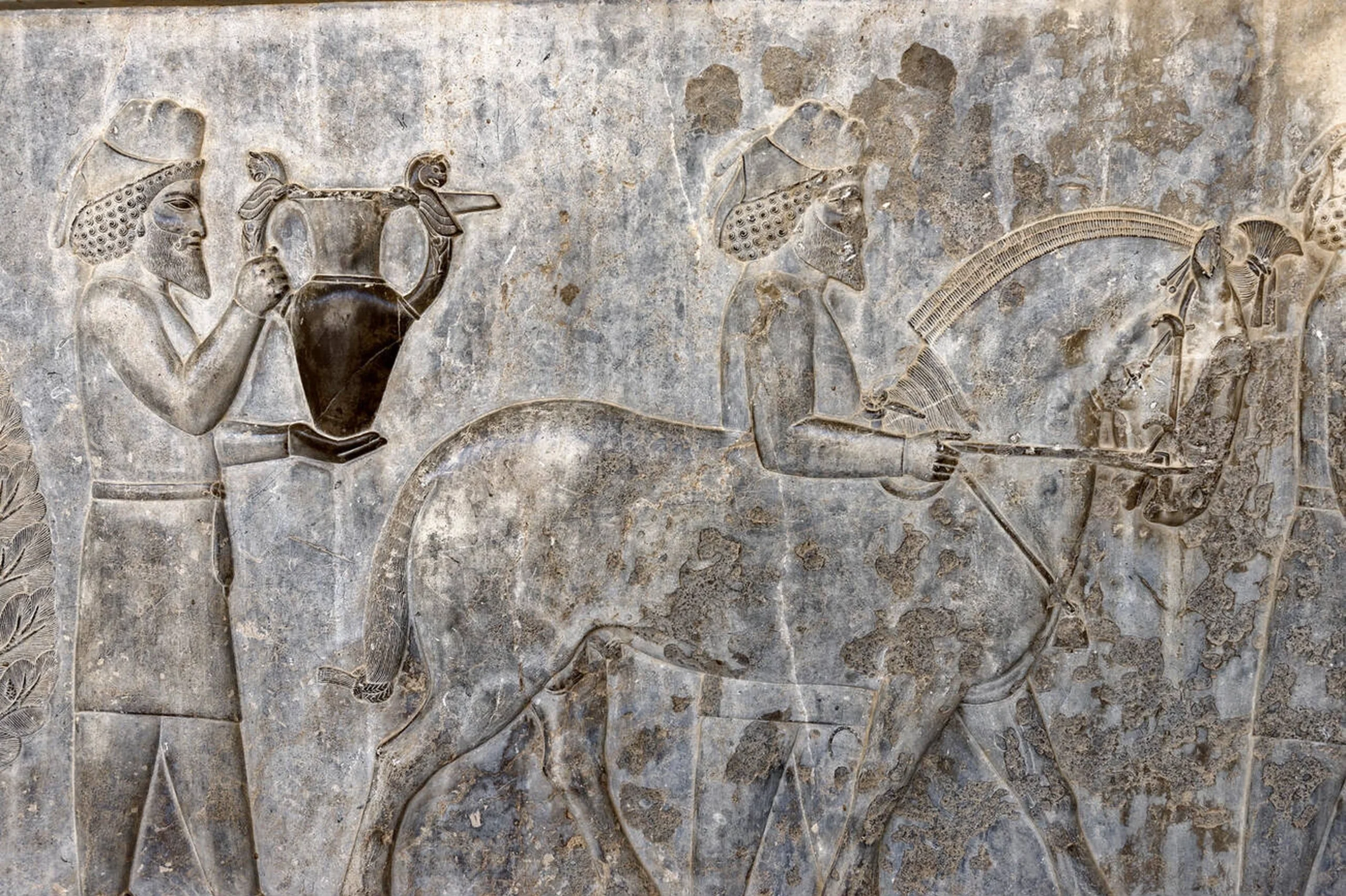
Practical Tips for Travelers
How can tourists navigate Iran’s alcohol-free culture? Respecting local laws is paramount. Avoid bringing or seeking alcohol, and opt for traditional beverages like doogh or sharbat. Visit teahouses in Yazd or Kashan for authentic experiences, where you can sip tea while enjoying live music.
Check customs regulations before packing gifts, ensuring they’re alcohol-free. Engaging with Iran’s vibrant non-alcoholic drink culture enriches your journey.
Staying Safe and Respectful
Ignorance of the law offers no protection. Familiarize yourself with Iran’s regulations before traveling. If invited to a private event by non-Muslim minorities, politely decline alcohol in Iran to avoid legal risks. By embracing Iran’s customs, you show respect and gain deeper cultural insights.
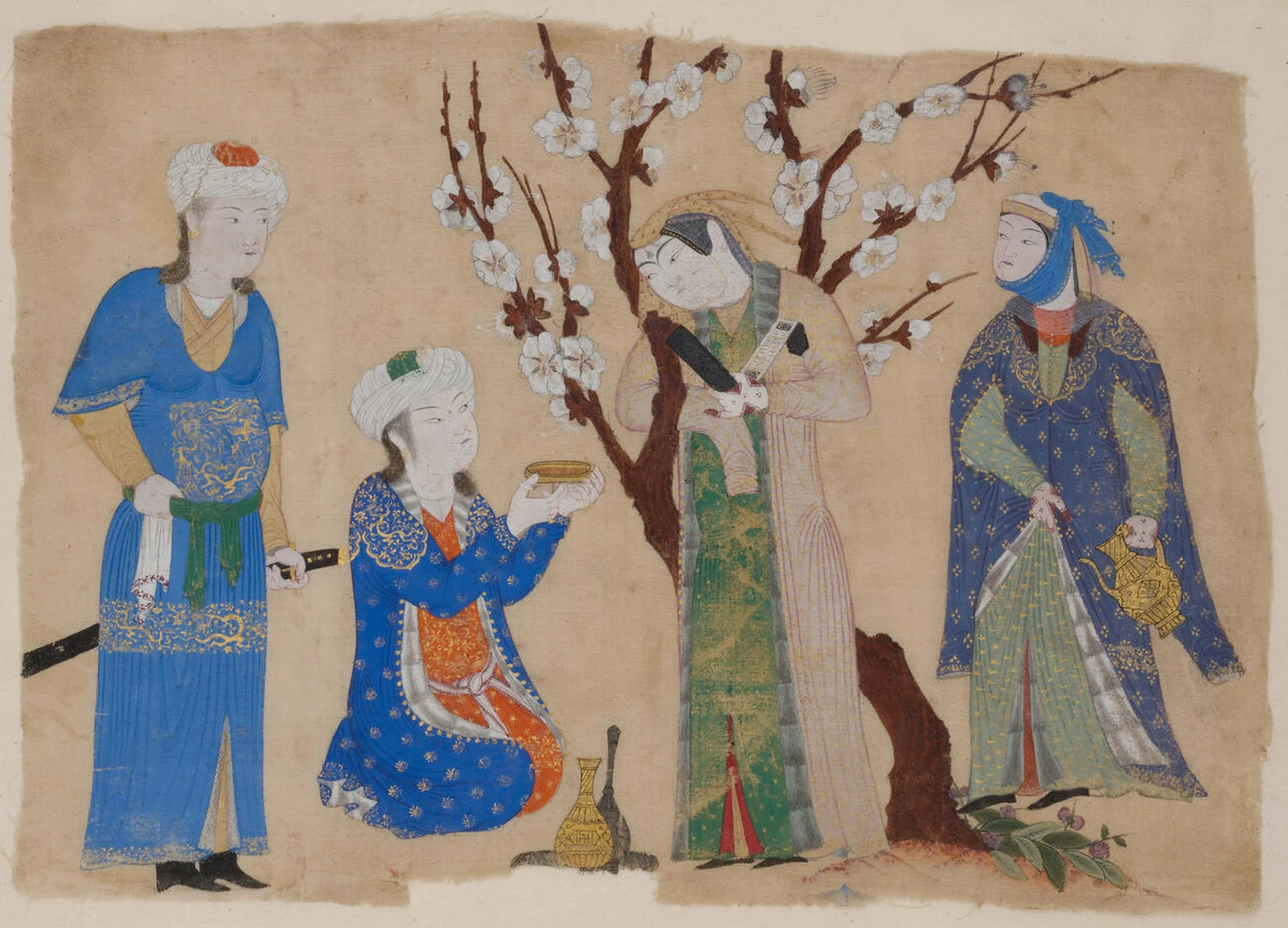
Why Understanding Alcohol Laws Matters
Iran’s alcohol ban reflects its religious and cultural identity, shaping a unique travel experience. For first-time visitors, respecting these laws ensures safety and fosters meaningful connections with locals.
Exploring Iranian beverages like tea or sharbat offers a taste of tradition, while the country’s historical wine culture adds depth to its story. By navigating these regulations thoughtfully, travelers can fully appreciate Iran’s hospitality and heritage.

